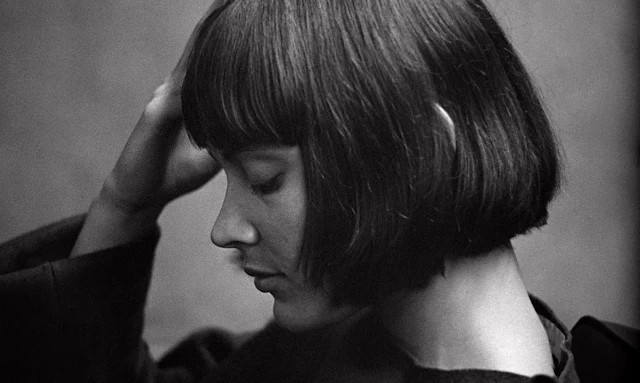.png) Cast: Courtney B. Vance, Ossie Davis, George C. Scott, Armin Mueller-Stahl, Dorian Harewood, James Gandolfini, Tony Danza, Jack Lemmon, Hume Cronyn, Mykelti Williamson, Edward James Olmos, William Petersen, Mary McDonnell. Screenplay: Reginald Rose. Cinematography: Fred Schuler. Production design: Bill Malley. Film editing: Augie Hess.
Cast: Courtney B. Vance, Ossie Davis, George C. Scott, Armin Mueller-Stahl, Dorian Harewood, James Gandolfini, Tony Danza, Jack Lemmon, Hume Cronyn, Mykelti Williamson, Edward James Olmos, William Petersen, Mary McDonnell. Screenplay: Reginald Rose. Cinematography: Fred Schuler. Production design: Bill Malley. Film editing: Augie Hess.
William Friedkin's Twelve Angry Men is not so easily dismissed as an unnecessary remake of Sidney Lumet's classic 1957 film, itself a remake of Reginald Rose's 1954 television drama. Forty years of change have taken place, and although such a jury today would almost certainly have women on it, at least Friedkin's version includes four Black men. One of them, strikingly, is the most virulent racist on the panel: a former Nation of Islam follower played by Mykelti Williamson, who delivers a vicious diatribe against Latinos. Which incidentally brings up another anomaly: There are no Latinos on this jury, even though it is impaneled in New York City, which certainly has a significant Latino population. Oddly, one of the actors, Edward James Olmos, is Latino, but he plays an Eastern European immigrant. The rant of the juror played by Williamson has perhaps even more significance today than it did in 1997, after an election campaign tainted by racist taunts against immigrants: The speech sounds like it might have been delivered at Donald Trump's infamous Madison Square Garden rally. As for the film itself, it retains the 1954 movie's power to entertain, if only the pleasure of watching 12 good actors at peak performance (and in George C. Scott's case, a bit over the peak). It also retains the tendency to preachiness, like a dramatized civics lesson, though maybe we need that more than ever.









